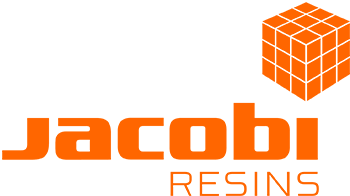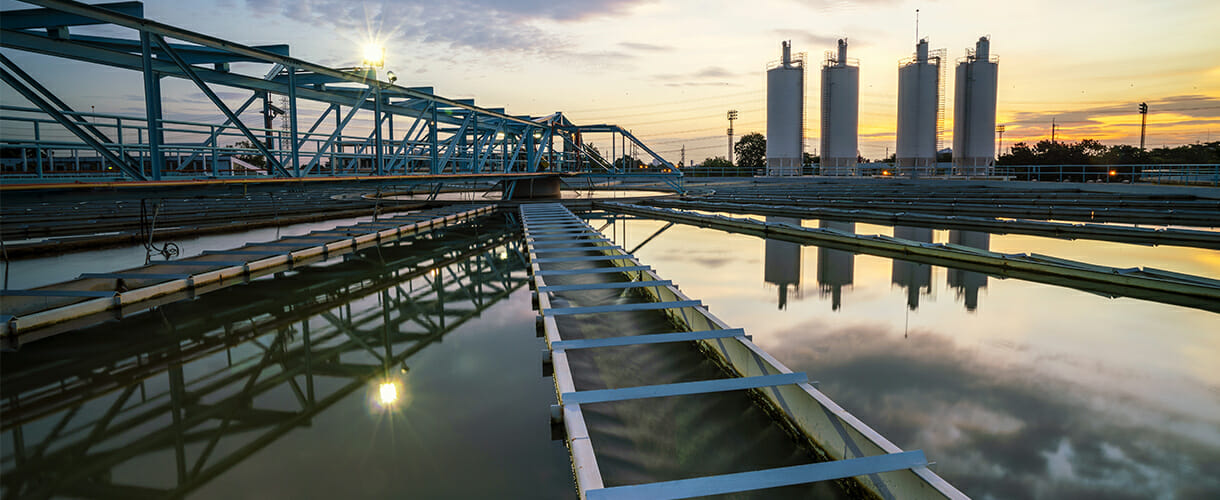
APPLICATIONS & SOLUTIONS
Industrial Water
Industries worldwide depend on reliable, treated water to produce the energy, goods, and services we need. For more than 60 years, ion exchange (IEX) technology has delivered high-quality water needed to enable the growth of the power, petrochemicals, microelectronics, and pharmaceutical industries, and others. Now, IEX technology is helping meet new consumer demands for higher-quality drinking water, more powerful devices, lower-calorie, healthier foods, and others.
At the same time, water scarcity and tightening environmental regulations are becoming real on industrial production in many sectors. In this context, IEX technology is helping companies to grow sustainably, with respect for the planet, by enabling them to reduce their water and energy use and minimizing the environmental impact of waste.
At Jacobi, we are committed to helping our industrial water customers grow sustainably, increase their supply chain security, and reduce their environmental impact. We offer a full line of products enabling our customers to efficiently treat boiler and cooling tower water, recycle wastewater, and minimize waste discharge. Our customers have easy access to our IEX experts for technical support. And our IEX experts will design custom solutions for those customers facing unique challenges.
- Variety of applications
- Complete product range
- High quality water production
- Sustainable products
- Economical advantage
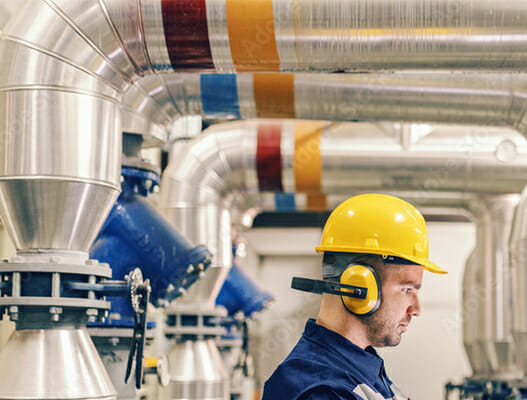
Boiler Feed Water
Left unprotected, industrial boilers and piping are at risk from dissolved and suspended solids, and organic contaminants. We offer a wide range of solutions ranging from softening for low-pressure boilers, to demineralization and polishing for high-pressure boilers.
- SBA Resinex TPX-4500 and Resinex TPX-4501: removes organics to low levels while enabling regeneration.
- WAC Resinex K-H: removes hardness (dealkalization) and enables CO2 degasification in a second step.
- SAC Resinex K-8H (H+) with SBA Resinex A-4 (OH-): cost-effective demineralization of feed water and makeup water polishing, producing distillation-quality water at lower cost.
Mixed bed SAC Resinex K-10H UB extra and SBA Resinex A-P MB: produces high quality water* by condensate polishing of steam, turbine, and process streams before return to the boiler.
*< 0.1 uS/cm and Silica < 0.02 ppm
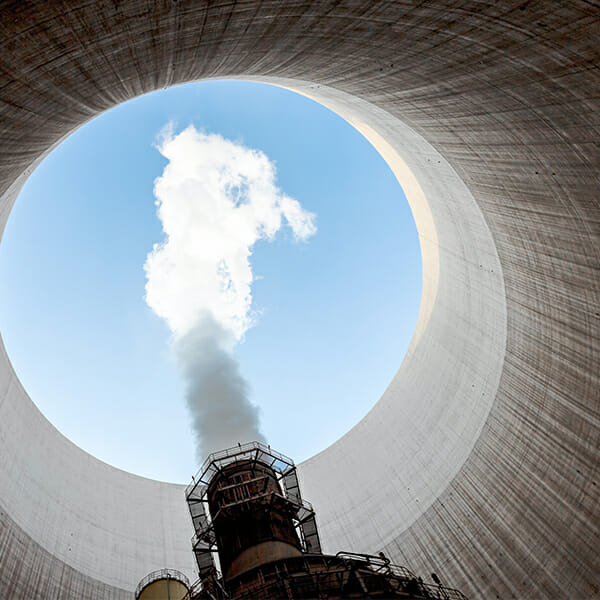
Cooling Tower Water
Cooling tower feed, circulation, and blowdown waters contain impurities that can damage assets and impair production through scaling, corrosion, and contamination. Our demineralization solutions are highly effective at treating cooling tower water streams to enable reliable production.
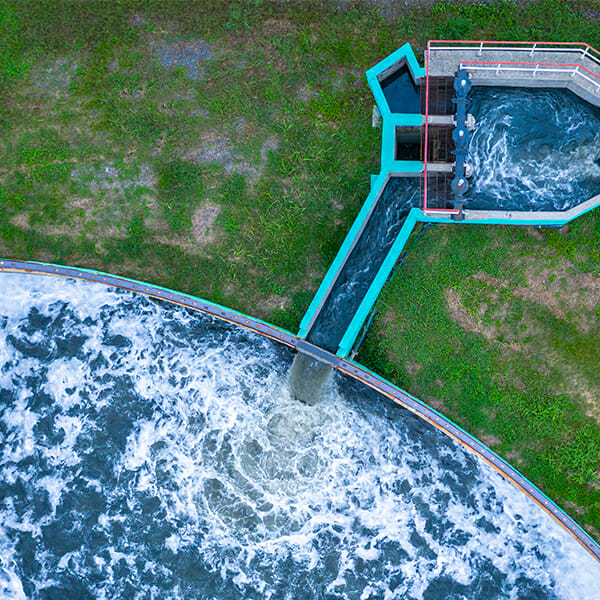
Wastewater
Water intensive industries globally face increasing pressure to reduce water use. Diminishing access to fresh water and escalating discharge costs are driving the search for new ways to reuse wastewater and minimize environmental impact. As a sustainability leader, Jacobi has the expertise needed to design solutions with its customers to meet their wastewater challenges.
For example, there is an increasing need by the semiconductor, printed circuit board, and electroplating industries to remove heavy metals and other contaminants and enable wastewater reuse
Resinex™ CH-23 chelation resin effectively removes cadmium, zinc, copper, chromium, mercury, lead, gold, silver, and cyanide complexes.
Resinex™ CH-80 high purity WAC resins is highly selective to mercury in demanding industrial applications, and removes heavy metals such as silver, copper, lead, nickel, cobalt, and cadmium as well.
SBA Resinex™ TPX-4500 and Resinex TPX-4501 removes organics to enable reuse and minimize BOD / COD / TOC discharge impact.

Paper
Water intensive industries globally face increasing pressure to reduce water use. Diminishing access to fresh water and escalating discharge costs are driving the search for new ways to reuse wastewater and minimize environmental impact. As a sustainability leader, Jacobi has the expertise needed to design solutions with its customers to meet their wastewater challenges.
For example, there is an increasing need by the semiconductor, printed circuit board, and electroplating industries to remove heavy metals and other contaminants and enable wastewater reuse
Resinex™ CH-23 chelation resin effectively removes cadmium, zinc, copper, chromium, mercury, lead, gold, silver, and cyanide complexes.
Resinex™ CH-80 high purity WAC resins is highly selective to mercury in demanding industrial applications, and removes heavy metals such as silver, copper, lead, nickel, cobalt, and cadmium as well.
SBA Resinex™ TPX-4500 and Resinex TPX-4501 removes organics to enable reuse and minimize BOD / COD / TOC discharge impact.

Steel Plants
The very high energy consumption to produce steel requires to produce the energy by themselves. To produce power, high pressure boilers are used to produce steam. The water for the steam has to follow very low conductivity imits for an economic power production. Ion exchange resins are used for the demineralization, condensate and waste water treatment.

Incinceration / Ground Water Remediation
The waste water of incinerators contains mercury and other harmful contaminants. Ion exchange resins are used to remove the inorganic impurities below the detection limits to ensure to meet the local and national water quality regulations.
Groundwater needs to be treated before the use as drinking water if it is contaminated above local limits. Detrimental constituents such as chromate, nitrate, per- and polyfluoroalkyl substances (PFAS), surfactants, and perchlorate can and will be bound to ion exchange resins. Ionic and non-ionic contaminants, which could otherwise disrupt operations in biological water treatment plants or endanger the environment, can be removed from waste water just as efficiently. *Please rewrite, because it is too close to the Lanxess text.
INDUSTRIAL WATER: PROCESSES
Acid Retardation
Removal of salts impurities from concentrated acid solutions implemented, for example, to recover acid liquors, like sulfuric acid from steel pickling baths, and purification of mixed/hydrofluoric acid used for stainless steel pickling.

Cr-Removal
Heavy metal removal from drinking water, ground water and industrial water.


Cu-Removal
Heavy metal removal from drinking water, ground water and industrial water.


Mixed Bed (Polishing)
Demineralization treatment with a mixed bed resins (SAC + SBA) to remove residual ions salts and minerals after a demineralization system.


Brine softening
Removal of high concentration of calcium and magnesium as well as other earthalkali metals (e.g barium, strontium,..) in brine solution used in chloro-alkali processes for chlorine production.

Condensate Softening
Removal of total hardness from condensate streams.

Demineralisation of Industrial Water
Removal of all ions from a water stream (salts and minerals) to lower conductivity.






Mixed Bed (Ready-To-Use)
Removal of all ions from a water stream (salts and minerals) to lower conductivity.

Boron Removal
Heavy metal removal from Drinking water, ground water, sea water and Industrial water.

Condensate Treatment
Treatment of condensate.




Heavy Metal Removal
Heavy metal removal from Drinking water, ground water and Industrial water.


Softening
Removal of total hardness (calcium and magnesium) from liquids.


Waste Water Treatment
Treatment of waste water.


Cartridges
Filter devices for several different application in liquids purification.

Catalysis
The use of ion exchange resins as catalysts is well established and has increased the sustainability of making a host of well-known products. Ion exchange catalysts are a green chemistry solution because they can be reused many times, enable minimal energy consumption, and reduce the handling of hazardous materials.


Mercury Removal
Selective mercury removal from Drinking water, ground water and Industrial water.

Ultra Pure Water Preparation
Preparation of ultra pure water.
INDUSTRIAL WATER: PRODUCTS

Strong Acidic Cation
Strong acidic cation resins are bead sized co-polymers (mainly polystyrene-divinylbenzene) with a sulfuric group which attracts cations. Resinex SAC comes in gel or macroporous types and are available in several bead sizes to adapt to different applications.
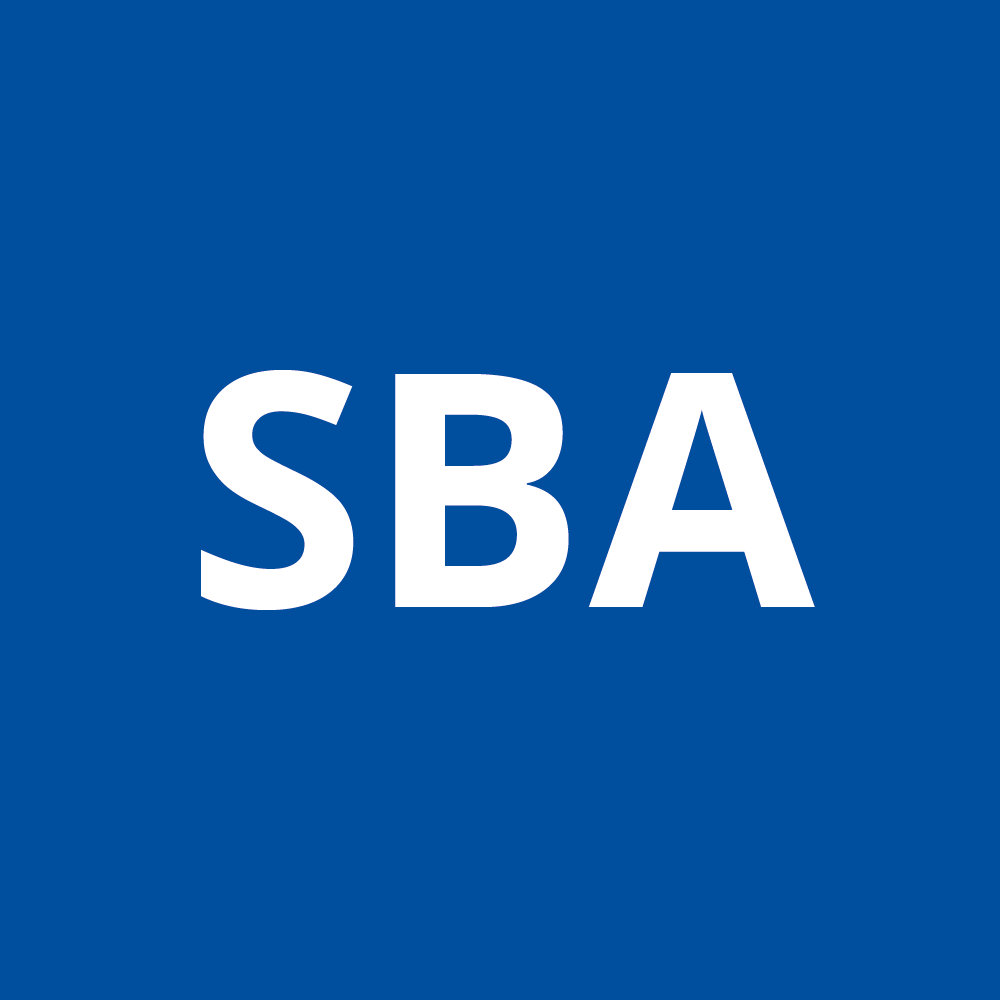
Strong Based Anion
Strong base anion resins are bead sized co-polymers (mainly polystyrene-divinylbenzene) with a tertiary or quaternary ammonium group which removes anions in various processes. Resinex SBA comes in gel or macroporous type and is available in different bead sizes.

These are non-functionalized inert media made from Polypropylene or Polyethylene to protect tank nozzles or act as layers in packed beds and mechanical filters.

Mixed Bed Resins
Mixed bed resins are composed of strong cationic and anionic ion exchangers based on a polystyrene-divinylbenzene matrix that are usually sold in the ready to use (active) ionic forms.
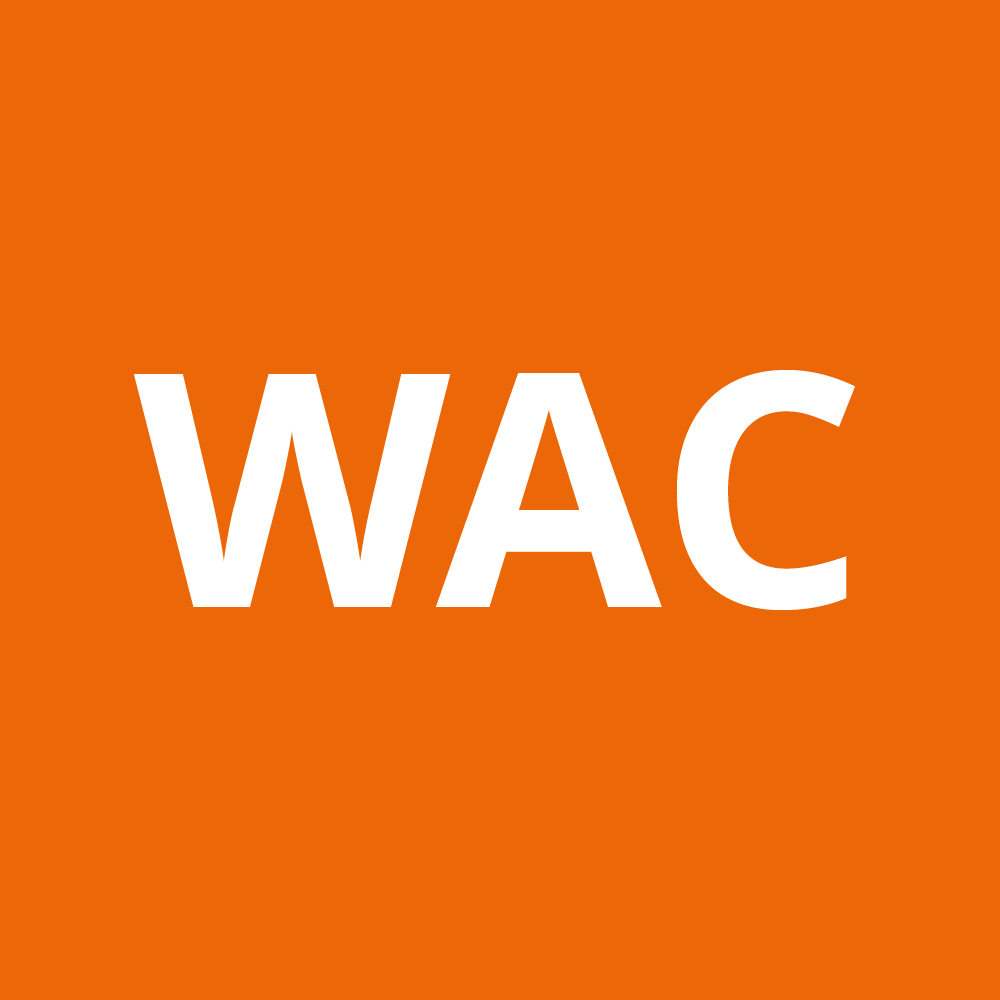
W A C
WAC are polyacrylic, gel or macro ion exchange beads. They have the unique carboxylic acid functions.
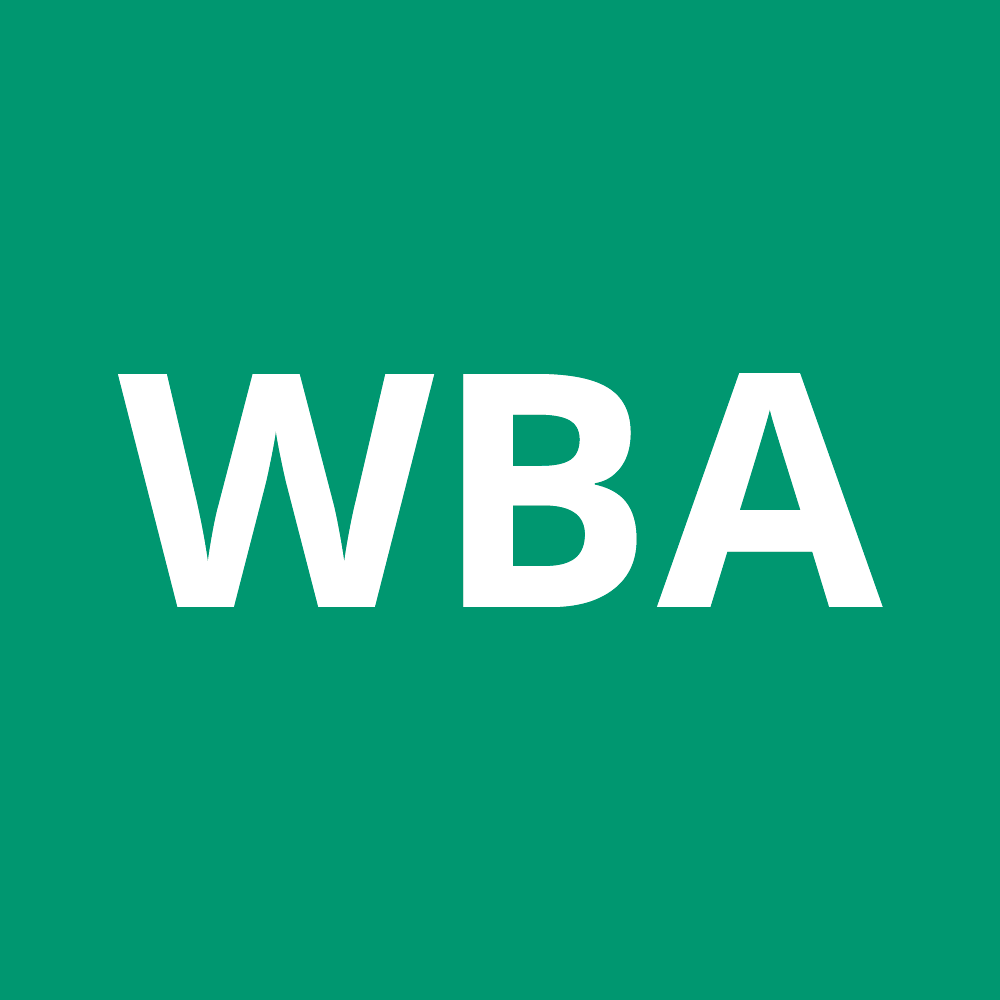
Weak Based Anion
Weak base anion resins are bead sized co-polymers (mainly polystyrene-divinylbenzene) with tertiary ammonium groups, which are usually macroporous in structure.

Chelating Resins
Specialist resins for ion exchange processes where there is a high presence of competing ions.

AD Resins
Jacobi’s full line of specialty ion exchange resins for water softening, chelation, and heavy metals removal.

Catalyst Resins
Non-functionalized inert media made from Polypropylene or Polyethylene.
GET IN TOUCH
Fill out the short form below and our team will be in touch.
*Indicates a mandatory field.
